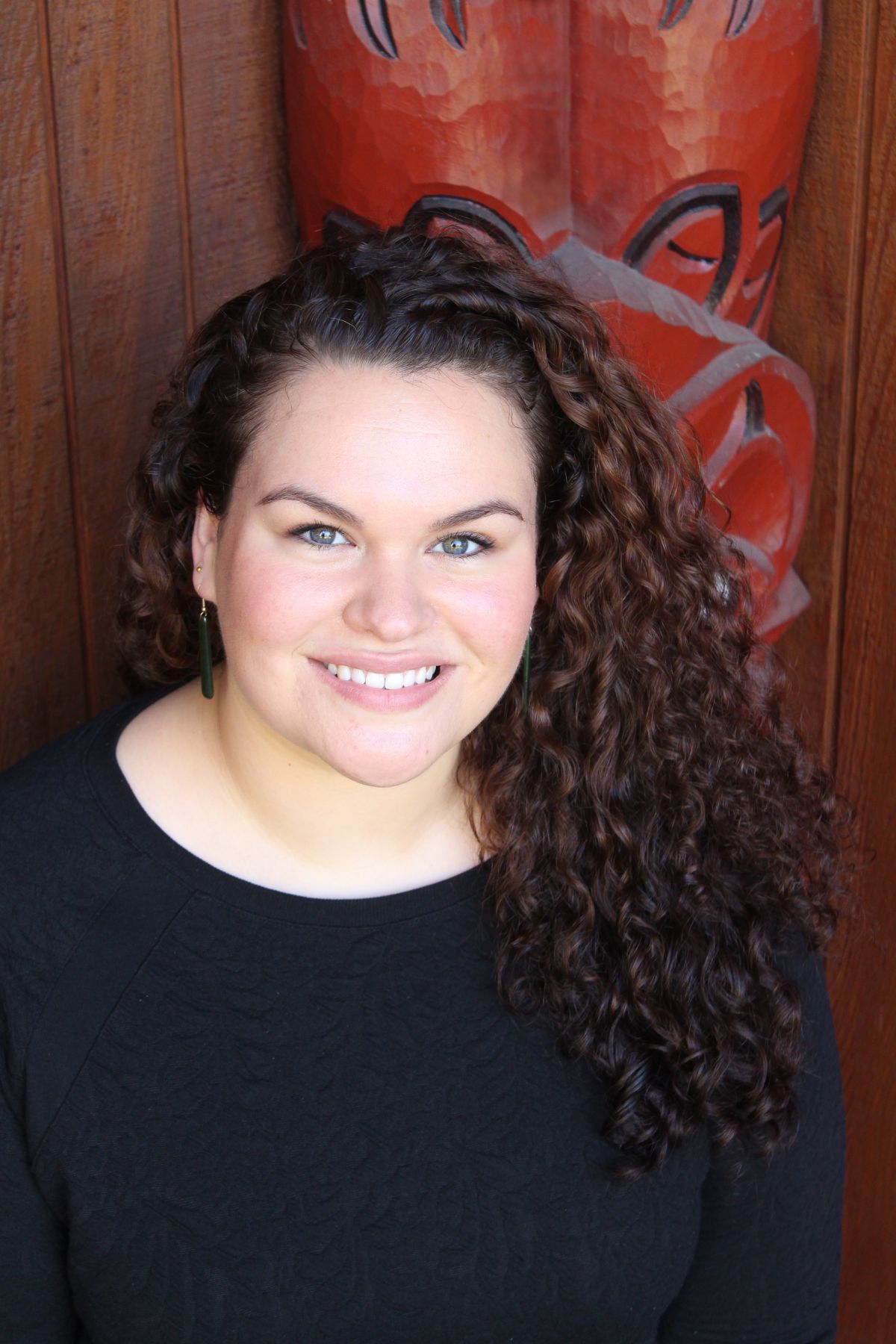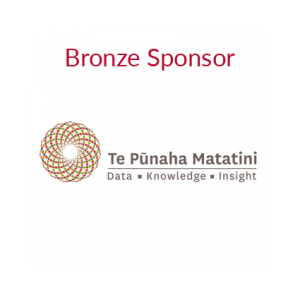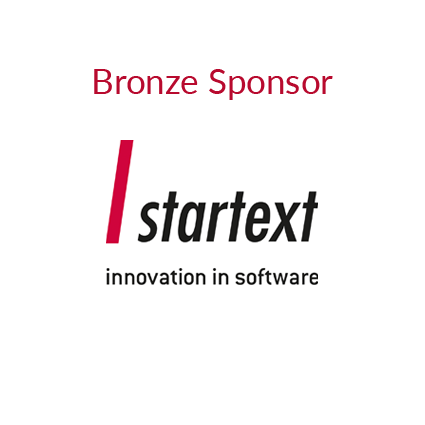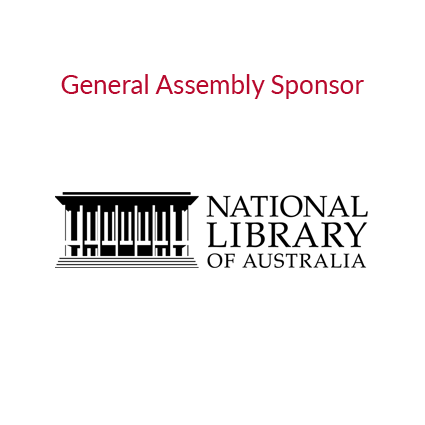IIPC is honoured to welcome our keynotes for the 2018 Web Archiving conference. Our first keynote speaker is Wendy Seltzer, Strategy Lead and Counsel to the World Wide Web Consortium (W3C) at MIT, improving the Web’s security, availability, and interoperability through standards. Our second keynote speaker is Dr Rachael Ka’ai-Mahuta, a Senior Researcher in Te Ipukarea, the National Māori Language Institute and Associate Director of the International Centre for Language Revitalisation at the Auckland University of Technology.
Wendy Seltzer
Thursday, 15 November 9:00-10:00
Archiving the future: law, technology, and practice at the web’s edge
Abstract: Do parties have the right to be forgotten from a smart contract’s ledger? Will taxidermy preserve a Pokémon or a Cryptokitty outside its native habitat? How do we maintain historical records when “truth isn’t truth” and social networks claim sovereignty over the platforms from which they irregularly block users? Can we inoculate before copyright takedown-bots go viral?
By examining some of the challenges to archiving the near and possible futures, this talk aims to help us prepare. We’ll look at some bugs and features of current legal code, and consider law and policy recommendations to help keep the web open to archiving even as it changes.
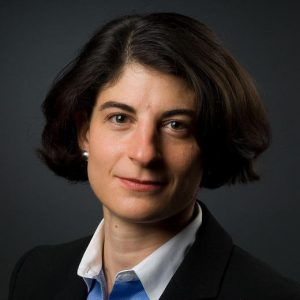 Wendy Seltzer is Strategy Lead and Counsel to the World Wide Web Consortium (W3C) at MIT, improving the Web’s security, availability, and interoperability through standards. As a Fellow with Harvard’s Berkman Klein Center for Internet & Society, Wendy founded the Lumen Project (formerly Chilling Effects Clearinghouse), helping to measure the impact of legal takedown demands on the Internet. She seeks to improve technology policy in support of user-driven innovation and secure communication.
Wendy Seltzer is Strategy Lead and Counsel to the World Wide Web Consortium (W3C) at MIT, improving the Web’s security, availability, and interoperability through standards. As a Fellow with Harvard’s Berkman Klein Center for Internet & Society, Wendy founded the Lumen Project (formerly Chilling Effects Clearinghouse), helping to measure the impact of legal takedown demands on the Internet. She seeks to improve technology policy in support of user-driven innovation and secure communication.
She serves on the Advisory Board of Simply Secure; served on the founding boards of the Tor Project and the Open Source Hardware Association, and on the boards of ICANN and the World Wide Web Foundation.
Wendy has been researching openness in intellectual property, innovation, privacy, and free expression online as a Fellow with Harvard’s Berkman Klein Center for Internet & Society, Yale Law School’s Information Society Project, Princeton University’s Center for Information Technology Policy and the University of Colorado’s Silicon Flatirons Center for Law, Technology, and Entrepreneurship in Boulder. She has taught Intellectual Property, Internet Law, Antitrust, Copyright, and Information Privacy at American University Washington College of Law, Northeastern Law School, and Brooklyn Law School and was a Visiting Fellow with the Oxford Internet Institute, teaching a joint course with the Said Business School, Media Strategies for a Networked World. Previously, she was a staff attorney with online civil liberties group Electronic Frontier Foundation, specializing in intellectual property and First Amendment issues, and a litigator with Kramer Levin Naftalis & Frankel.
Wendy speaks and writes on copyright, trademark, patent, open source, privacy and the public interest online. She has an A.B. from Harvard College and J.D. from Harvard Law School, and occasionally takes a break from legal code to program (Perl and MythTV).
Dr Rachael Ka’ai-Mahuta
Tuesday, 13 November 9:30-10:30
Te Māwhai – te reo Māori, the Internet, archiving, and trust issues
Abstract: The Internet, much like formal education before it, has provided Māori with an opportunity to pick up a tool of English language dominance and re-purpose it to advance te reo Māori (the Māori language). There is now a wealth of knowledge online regarding te reo Māori, including new words and phrases, in-depth discussions about language rules, exemplars, and the development of language trends. In the Māori world, knowledge is not “owned” individually, but collectively. The Māori cultural concept of kaitiakitanga (guardianship) dictates that we have a responsibility to pass on community-held knowledge to the next generation. Therefore, it is imperative that we archive born-digital te reo Māori content, especially as often the digital copy is the only copy. However, the collection and storage of Indigenous knowledge and data raises questions regarding control, self-determination, and the right to free, prior and informed consent. This paper will explore these issues and others, which sit at the intersection of language revitalisation, web archiving, and Indigenous Peoples’ rights.
Dr Rachael Ka‘ai-Mahuta is of Māori (Ngāti Porou, Ngāi Tahu), Native Hawaiian, and Cook Island Māori descent. She is a Senior Researcher in Te Ipukarea, the National Māori Language Institute and Associate Director of the International Centre for Language Revitalisation at the Auckland University of Technology.
After attaining her Doctorate in 2010, Rachael was awarded a Te Wheke-a-Toi Post-Doctoral Fellowship, completed a certificate on Indigenous Peoples’ Rights and Policy at Columbia University, graduated from Te Panekiretanga o Te Reo, the Institute of Excellence in the Māori Language, and was appointed as a Commissioner to the Library and Information Advisory Commission.
Rachael’s research interests include: Indigenous Peoples’ rights (particularly those relating to the politics of identity and place), language revitalisation (specifically the revitalisation of te reo Māori), the Māori oral tradition as expressed through the Māori performing arts, and digital technology for the preservation and dissemination of Indigenous knowledge.

